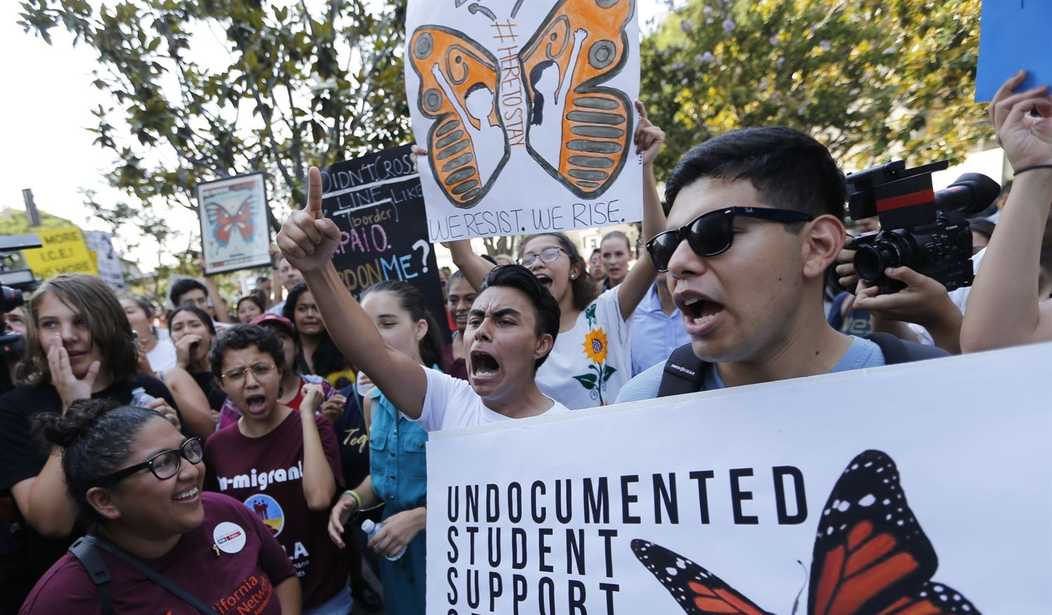Arizona’s state Supreme Court ruled this week that DACA recipients are no longer eligible for “in-state” tuition.
Monday’s ruling was unanimous and will affect roughly 2,000 students at three universities in the state as well as its biggest community college.
The ruling will make DACA recipients pay much more to attend these schools, as out-of-state rates are about triple the cost of in-state tuition.
For example, in-state students at Arizona State University will pay $9,834 for tuition next school year, while non-resident students pay $27,618. Residents pay $86 per credit hour at the Maricopa Community Colleges, compared with $241 for non-residents.
But DACA recipients may not have to pay the full non-resident rate. The Arizona Board of Regents approved a lower tuition rate in 2015 meant for non-residents who are Arizona high school graduates.
The rate is 150 percent of in-state tuition, which amounts to $14,751 next school year. (AZCentral)
The state’s attorney general Mark Brnovich welcomed the ruling as his office has continually argued that colleges and universities were violating state and federal laws by allowing DACA recipients to pay in-state tuition rates.
Recommended
"While people can disagree what the law should be, I hope we all can agree that the attorney general must enforce the law as it is, not as we want it to be," the statement said.
READ today's order from the Arizona Supreme Court in MCCCD in-state tuition case: https://t.co/7vr4yEJ14o
— Mark Brnovich (@GeneralBrnovich) April 9, 2018
The court said it will explain its reasoning in a written opinion by May 14.
























Join the conversation as a VIP Member